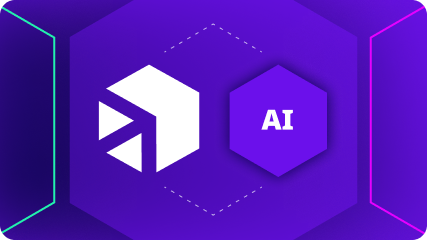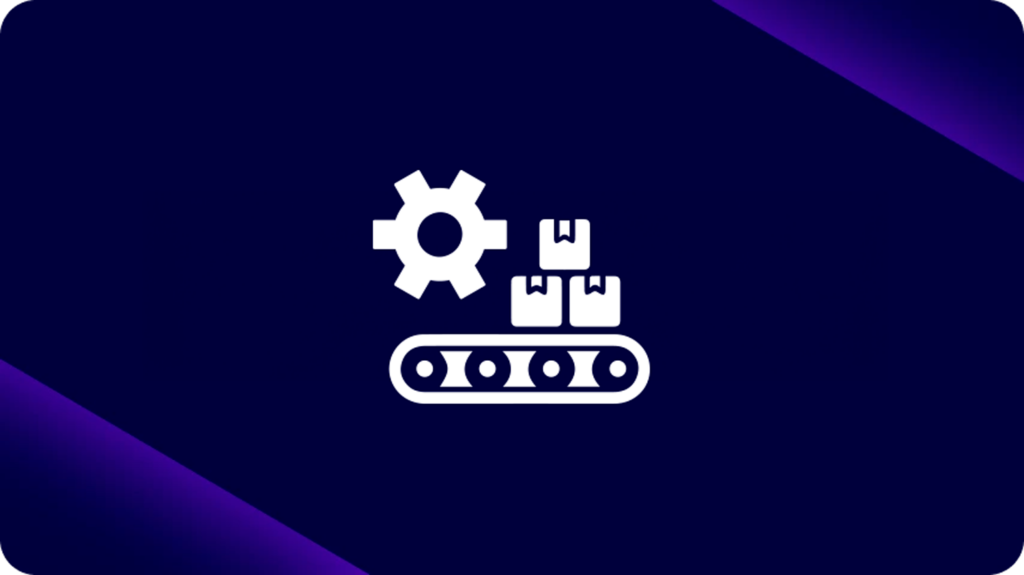janeiro 17, 2023
Se aprendemos algo nos últimos anos, é que adaptar-se rapidamente às mudanças é essencial para a sobrevivência dos negócios. A base sobre a qual construímos nossa infraestrutura de TI deve ser capaz de operar de forma ágil, eficiente e segura para garantir a continuidade da empresa.
Tam Ayers, CTO, compartilha sua previsão para os próximos anos:
A arquitetura composable nos oferece a flexibilidade necessária para enfrentar as adversidades — conhecidas e desconhecidas — que estão por vir. Em vez de resistir às mudanças e investir para manter o status quo, a composabilidade nos permite abraçar as mudanças, crescer e prosperar, independentemente do que o mundo nos impõe.
Algumas empresas já estão avançadas, com a arquitetura composable como um padrão consolidado. Outras estão apenas começando sua jornada. Em qual estágio sua organização está?
As vantagens da capacidade de composição
No artigo As 3 principais previsões tecnológicas da Digibee para 2023, destaquei o papel importante que a infraestrutura composable desempenhará para ajudar as empresas a gerenciar mudanças de curto e longo prazo.
Acredito que será um diferencial crucial nos negócios, ajudando as empresas a se protegerem contra crises econômicas inesperadas, conflitos globais, pandemias, crises energéticas e outras interrupções.
“Em tempos turbulentos, os princípios do negócio composable ajudam as organizações a dominarem mudanças aceleradas, essenciais para resiliência e crescimento. Sem isso, as empresas modernas correm o risco de perder momentum no mercado e a lealdade dos clientes.”
David Groombridge,
Vice-presidente de pesquisa, Gartner
Empresas que adotam uma arquitetura composable ou de microsserviços estão destinadas a vencer. Na verdade, analistas da Gartner preveem que essas empresas superarão a concorrência em 80% na velocidade de implementação de novos recursos.
Outras vantagens incluem:
1. Resiliência diante da mudança
Mesmo com tecnologias de ponta e algoritmos de IA precisos, prever o futuro nunca será uma ciência exata. Apesar da necessidade de analisar e prever, é vital estar preparado para se adaptar rapidamente a mudanças inesperadas.
Com a composabilidade, a empresa adota um modelo de TI modular, permitindo substituir facilmente componentes individuais por tecnologias mais adequadas às condições de mercado.
Por outro lado, empresas que utilizam arquiteturas monolíticas, em que os componentes estão fortemente interligados, enfrentam dificuldades para implementar mudanças sem impactar todo o ecossistema.
Por exemplo, devido a problemas globais na cadeia de suprimentos, um varejista deve ajustar continuamente sua loja virtual para refletir níveis de estoque flutuantes. Se não puder fazer essas alterações em tempo real, a experiência do cliente se deteriora, e o negócio pode falhar.
2. Liberdade para explorar e crescer
A infraestrutura composable liberta as organizações para experimentarem inovações e identificarem o que funciona melhor. A Gartner prevê que 20% dos CEOs do Global 2000 relatarão um aumento do apetite por riscos e maior resiliência, atribuído ao redesenho modular do negócio.
Sem depender de stacks monolíticos, as empresas se tornam ágeis, desafiando crenças enraizadas e explorando cenários que melhor atendem às suas necessidades. Em vez de investir grandes recursos apenas para manter as operações, as equipes de TI e Desenvolvimento podem focar em inovação e no futuro.
A tecnologia deixa de ser um limitador para o negócio, que agora está capacitado a explorar seu potencial e traçar seu próprio caminho, independentemente dos desafios futuros.
3. Menor custo com maior retorno
A composabilidade reduz a dependência de um grupo restrito de técnicos e desenvolvedores com experiência ampla necessária para gerenciar um ecossistema monolítico. Esse nível de conhecimento técnico deixa de ser um gargalo para a implementação de mudanças. Em vez disso, todos passam a contribuir com inovações, permitindo o aproveitamento de recursos menos experientes (e mais acessíveis) para realizar o trabalho.
Como resultado, o TI se tornará mais centralizado. Uma maior responsabilidade ficará nas áreas de negócio, onde técnicos e desenvolvedores serão contratados e alocados para atender a demandas específicas de cada unidade.
Embora os gastos com TI estejam previstos para crescer, o investimento será direcionado para aumentar a eficiência, simplificar processos e melhorar a produtividade dos funcionários. A composabilidade apoia esses resultados, integrando capacidades digitais em todas as operações da empresa.
O papel do iPaaS da Digibee na obtenção de uma arquitetura composable
Os clientes da Digibee utilizam nossa plataforma iPaaS low-code para apoiar suas arquiteturas composable, conectando sistemas modernos a tecnologias legadas. Nossa solução inclui componentes reutilizáveis, como cápsulas da Digibee, que aceleram o desenvolvimento e a implementação de integrações, impulsionando a inovação.
Se você está interessado em saber como a Digibee pode ajudar sua organização a evoluir para um ambiente de TI modular, teremos prazer em mostrar como. Agende uma demonstração com nosso time de especialistas e veja por si próprio.









